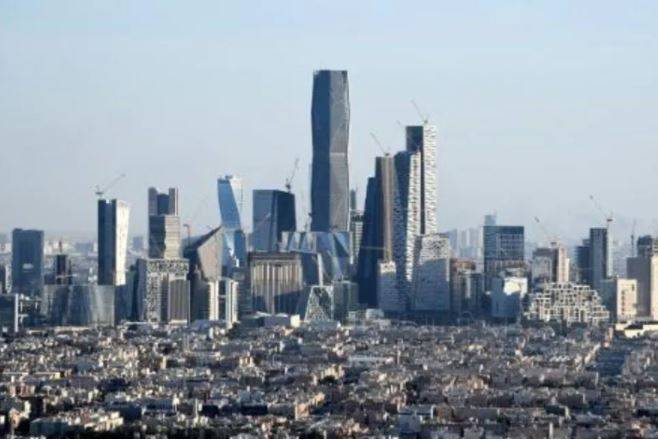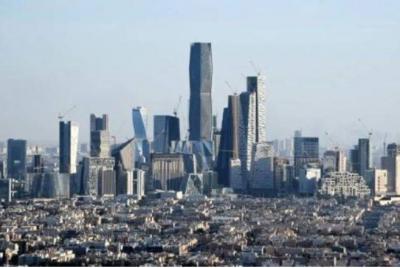Saudi Arabia intends to create around five special economic zones that will provide incentives for investors to invest in sectors including manufacturing, biotechnology, and cloud computing as part of a regional competition in this area. On Monday, Saudi Arabia launched the "National Investment Strategy," which aims to increase foreign direct investments by approximately 20 times to reach $103 billion annually by 2030.
Saudi Investment Minister Khalid Al-Falih mentioned during a meeting with journalists in Riyadh on Wednesday that more details about the zones would be announced after final approvals are obtained in the coming months. He indicated that the oil-rich Gulf kingdom aims to "create four to five special economic zones as part of the first track initiatives in the investment strategy."
These zones will offer a variety of competitive incentive packages for investors, as clarified by Al-Falih. The goal of establishing these zones is to "attract foreign direct investment and drive economic growth," according to a working paper distributed by the ministry.
Officials participating in the meeting said that Saudi Arabia is looking to attract investors in the fields of manufacturing, biotechnology, and cloud computing to these zones. The minister acknowledged that foreign investment had been "less than expected" since the launch of "Vision 2030," which aims to diversify the economy and reduce its dependence on oil, back in 2016.
He added, "The world today is in a fierce competitive war regarding attracting investments. As we make improvements, other countries try to surpass us by offering new initiatives." This Saudi push comes amid regional competition for investments with its neighbor and ally, the UAE.
Riyadh warned earlier this year that it would halt dealings with foreign companies that establish regional headquarters outside Saudi Arabia, directly referring to the UAE, which hosts around 140 major companies' headquarters.
The new strategy aims to raise net foreign direct investment flows to 388 billion riyals (approximately $103.4 billion) annually and increase domestic investment to about 1.7 trillion riyals (around $453 billion) annually by 2030. Foreign direct investment in the kingdom reached $5.5 billion last year, according to official figures.
Al-Falih, a businessman and investor before joining the government in early 2020, stated that Saudi Arabia aims to "recapture some Saudi capital that previously did not find opportunities in the kingdom." He noted that "the world is currently awash in liquidity, and capital owners are in search of opportunities," emphasizing that "the kingdom is a land of investment opportunities."
Since Crown Prince Mohammed bin Salman assumed his position in 2017, the wealthy kingdom has witnessed fundamental economic and social reforms, including unprecedented spending in entertainment sectors, particularly with the opening of entertainment complexes and hosting various sporting events.




